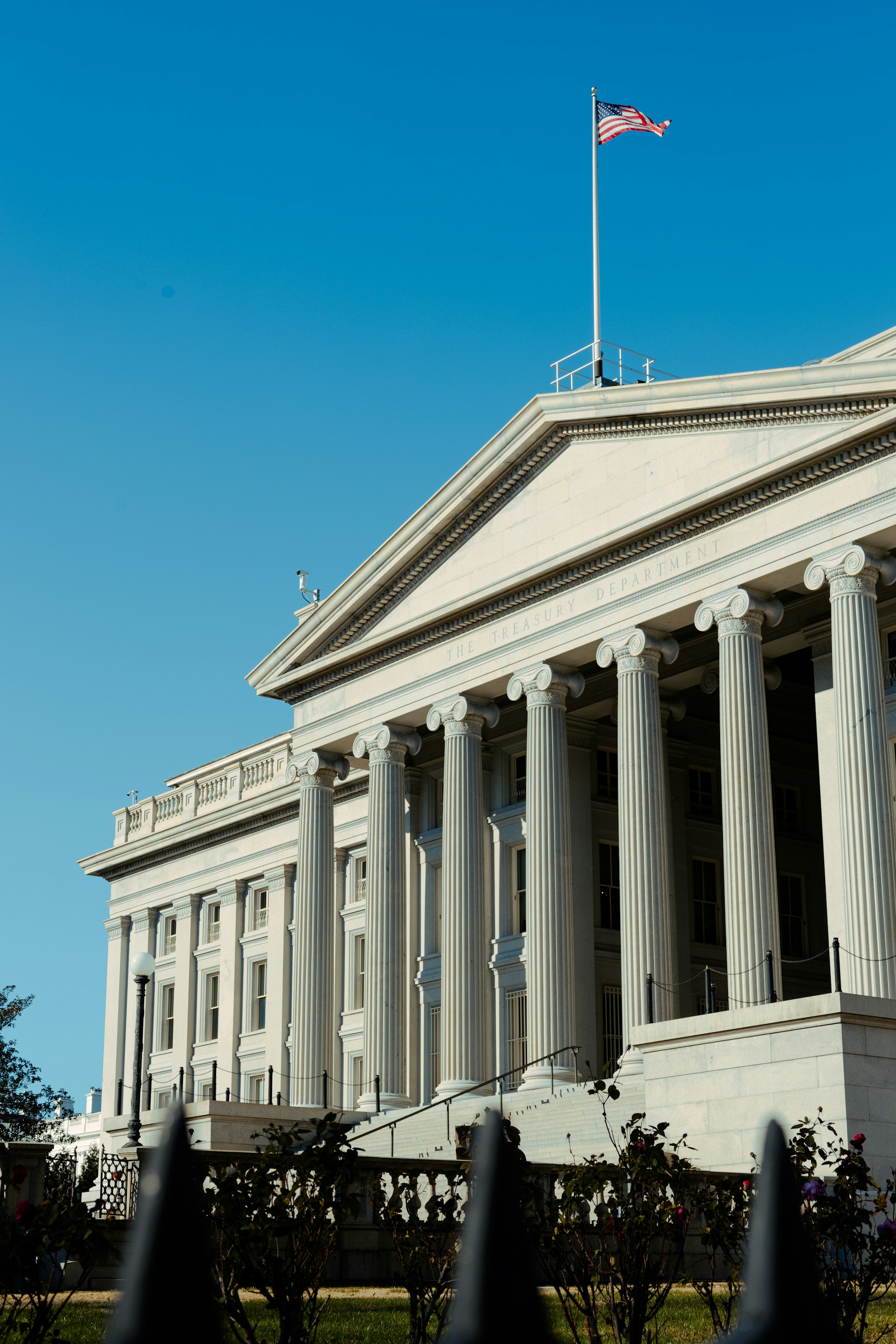The transcript of the video follows below for further review.
If you have an SBA loan default that has been referred to the Department of Treasury for collection, you may have been contacted by a private collection agency (PCA): Pioneer Credit Recovery, CBE Group, Performant or Conserve. A recent case addressed a collection letter sent by Pioneer to an alleged debtor. Pioneer brought a motion to dismiss the case.
The complaint alleged that on April 1, 2016, Pioneer sent a letter ("the Letter") to the plaintiff, Biber and others, which was captioned in bold, capitalized letters, "Administrative Wage Garnishment Proceedings Notice." It further said:
"This may be your last opportunity to make satisfactory payment arrangements on your student loan(s)";
"If these arrangements are not made, we will begin or continue the process of verifying your employment for Administrative Wage Garnishment";
"The United States Congress has enacted a law . . . that allows guarantors . . . to offset the wages of student loan defaulters without filing a lawsuit";
"[A] guaranty agency . . . may garnish the disposable pay of an individual to collect the amount owed by the individual, if he or she is not currently making required repayment . . . [T]he amount deducted for any pay period may not exceed 15 percent of disposable pay";
"This [statutory] provision [*3] overrides all applicable state law, and allows for the garnishment of student loan defaulter's wages";
"Before an administrative order is issued, defaulters are given notice and an opportunity for a hearing as part of this federal wage offset program";
"After the completion of this administrative offset process, your employer may be ordered to deduct 15% of your disposable income before you are paid. If your employer does not comply with this order, a lawsuit may be filed against your employer";
"Because the use of this federal wage offset law could reduce your take-home pay substantially, we are providing you with the chance to establish a satisfactory payment arrangement so you can voluntarily satisfy your obligation on more reasonable terms. We are hoping we can reach a satisfactory agreement before we proceed with further action.”
The Court ruled that Biber's claim that Pioneer "falsely represent[ed] that [defendant] was going to perform an Administrative Wage Garnishment" stated a claim upon which relief may be granted. The Court applied the "least sophisticated consumer" lens, the Letter plausibly comprised a materially false, deceptive, or misleading representation that could "reasonably be read to have to or more meanings, one of which is inaccurate." The Court further noted that Biber alleged sufficient facts to move his claim--that the Letter misrepresented that wage garnishment proceedings were imminent--from possible to plausible. Moreover, the complaint plausibly alleged that misrepresentation could have "affect[ed] [the] consumer's ability to make intelligent decisions with respect to the alleged debt."
If you have been contacted by a PCA like Pioneer Credit Recovery, regarding a SBA loan default, contact Protect Law Group today online or at 888-756-9969 for a FREE initial consultation.





.jpg)